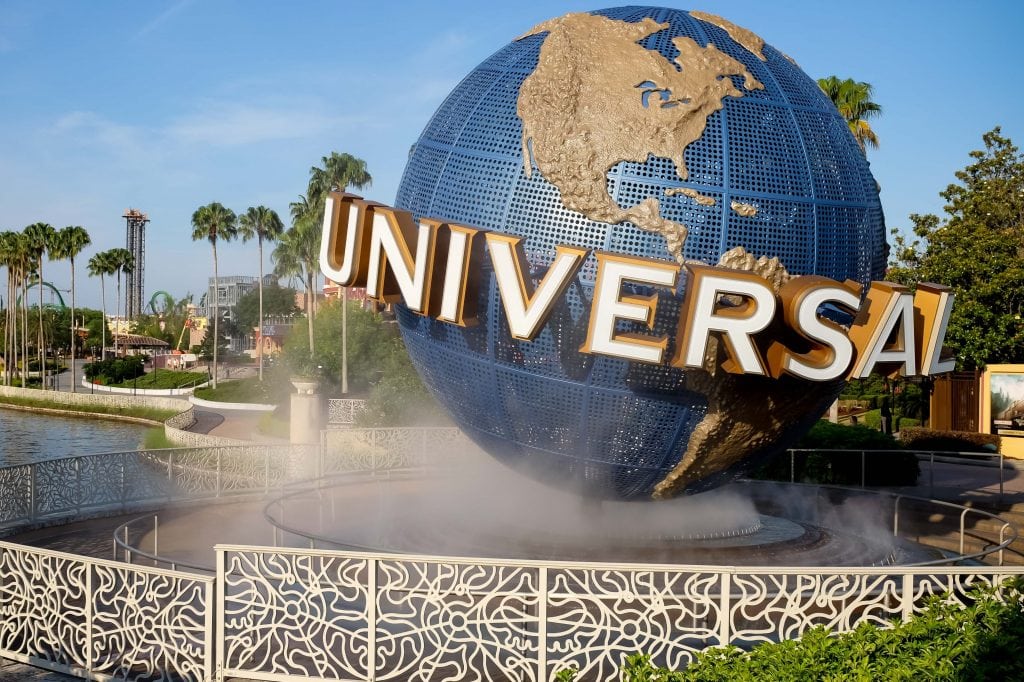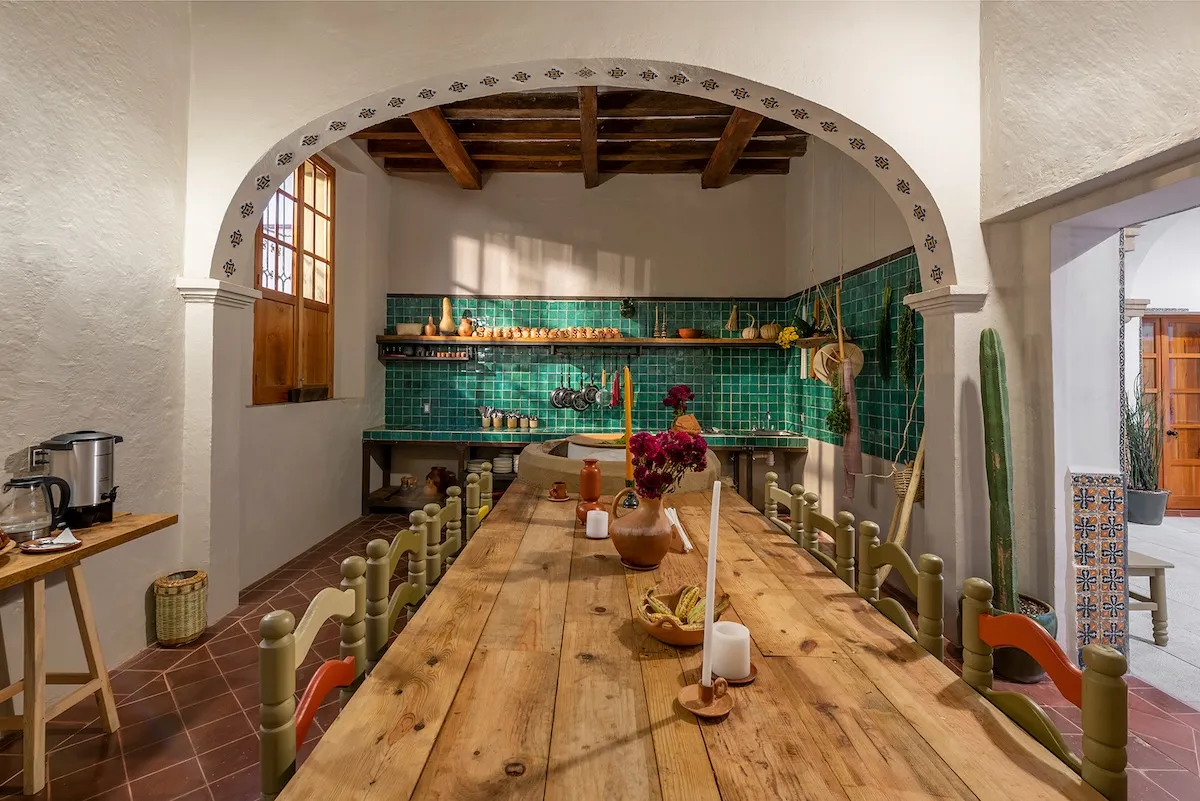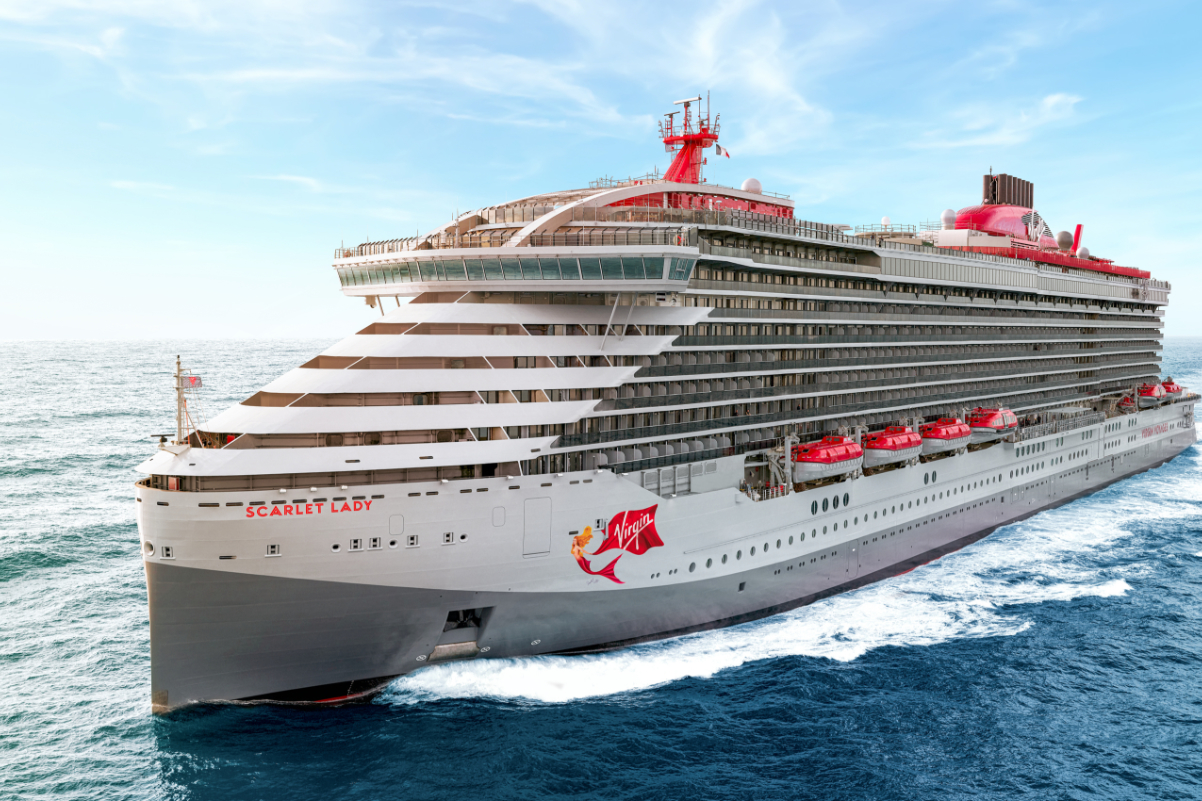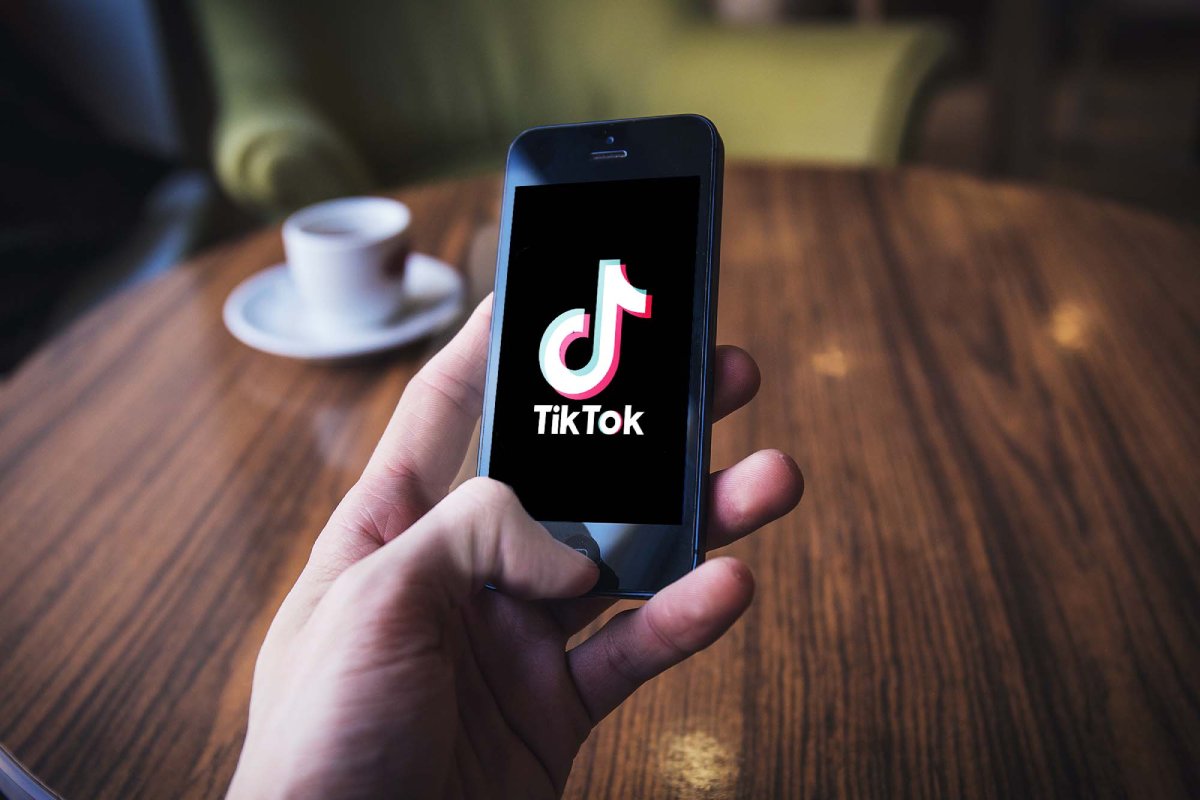Universal Orlando Has More Land Now to Build the Theme Park Fans Want

Skift Take
Universal Orlando Resort, which has been on an expansion spree for years, appears poised to make even bigger moves.
The operator acquired additional land near parcels it already owns, the Orlando Sentinel reported Thursday, and cleared up legal snarls surrounding property purchased a few years ago.
Details on the latest purchase — exactly how much land, the price, and the eventual use — were hard to come by. But the Orlando Business Journal reports that the new acquisition "could nearly double" the 500 acres Universal owns in the vicinity.
Universal Parks & Resorts, owned by Comcast, had little to share on Thursday.
"We are excited about our plans for this area and we are looking forward to sharing more at the right time," said Tom Schroder, a Universal Orlando spokesman, in an email. "We also look forward to working with our neighbors in the area and our partners in the community as we move forward."
The previous announced plans to build theme park attractions based on Nintendo characters. And Comcast's purchase of DreamWorks Animation in 2016 gives the company even more intellectual property to put to use at its theme parks.
And industry watchers definitely expect the Universal Orlando complex — which now includes Universal Studios Florida, Islands of Adventure, the Volcano Bay water park, a shopping and dining area, and several hotels — to eventually include more parks.
"Universal for years and years ... they've been short on land," said Dennis Speigel, president of Cincinnati-based consulting group International Theme Park Services. "Through the last few years, they've been able to acquire these parcels and regroup and now this gives them enough property to certainly build at least one major theme park, if not two, plus the support of hotels and retail."
Theme parks have been a moneymaker for Comcast, generating $5.4 billion in revenue last year, up 10 percent over 2016. Adjusted earnings before interest, taxes, depreciation, and amortization increased almost 9 percent to $2.4 billion for the segment.
And unlike Disney, Universal's parks in Florida have seen attendance rise, fueled largely by the opening of Harry Potter-themed lands. In 2016, Universal Studios attendance increased 4.3 percent to almost 10 million, and Islands of Adventure increased 6.5 percent to 9.3 million. Disney's Florida parks all saw slight declines, according to an annual attractions attendance estimate.
"They're on a roll, as we know, since 2010," Speigel said. "Their numbers just continue to increase."
Robert Niles, founder and editor of the industry news site Theme Park Insider, wrote Thursday that Universal now has "one fewer roadblock" as it seeks to become an even bigger player in Orlando.
"Fans always want to see more and better attractions," Niles said in an email. "Nintendo might be the biggest entertainment franchise not yet represented in a theme park anywhere. Putting visitors on a real-life Mario Kart could be as big a hit for Universal as Potter was."
Niles said the biggest question for Universal will be how to distribute the characters and intellectual property among parks and how to get people around three separate patches of land, including a giant future hotel complex and the newest property.
"Granted, those three properties are no more spread apart than stuff at Disney World is, but Universal doesn't own all the land in between. (At least, not yet!)," he said. "So there are logistical issues to overcome that will require working with local governments. It's tough business, but the upside is huge if Universal can keep delivering hits for theme park fans."
If Universal ends up with three theme parks (or more) plus a water park, it will be a larger threat to Disney, which has a longstanding advantage of owning more land, more parks, and more hotels. Walt Disney World Resort includes four theme parks, two water parks, a shopping and dining area, and more than 20 hotels. For its part, Disney has been building massive expansions at its Florida parks — with more to come in the next few years.
"The more gates you have, the longer you keep people on your property," Speigel said. "Equally as important, they spend more money with you."




